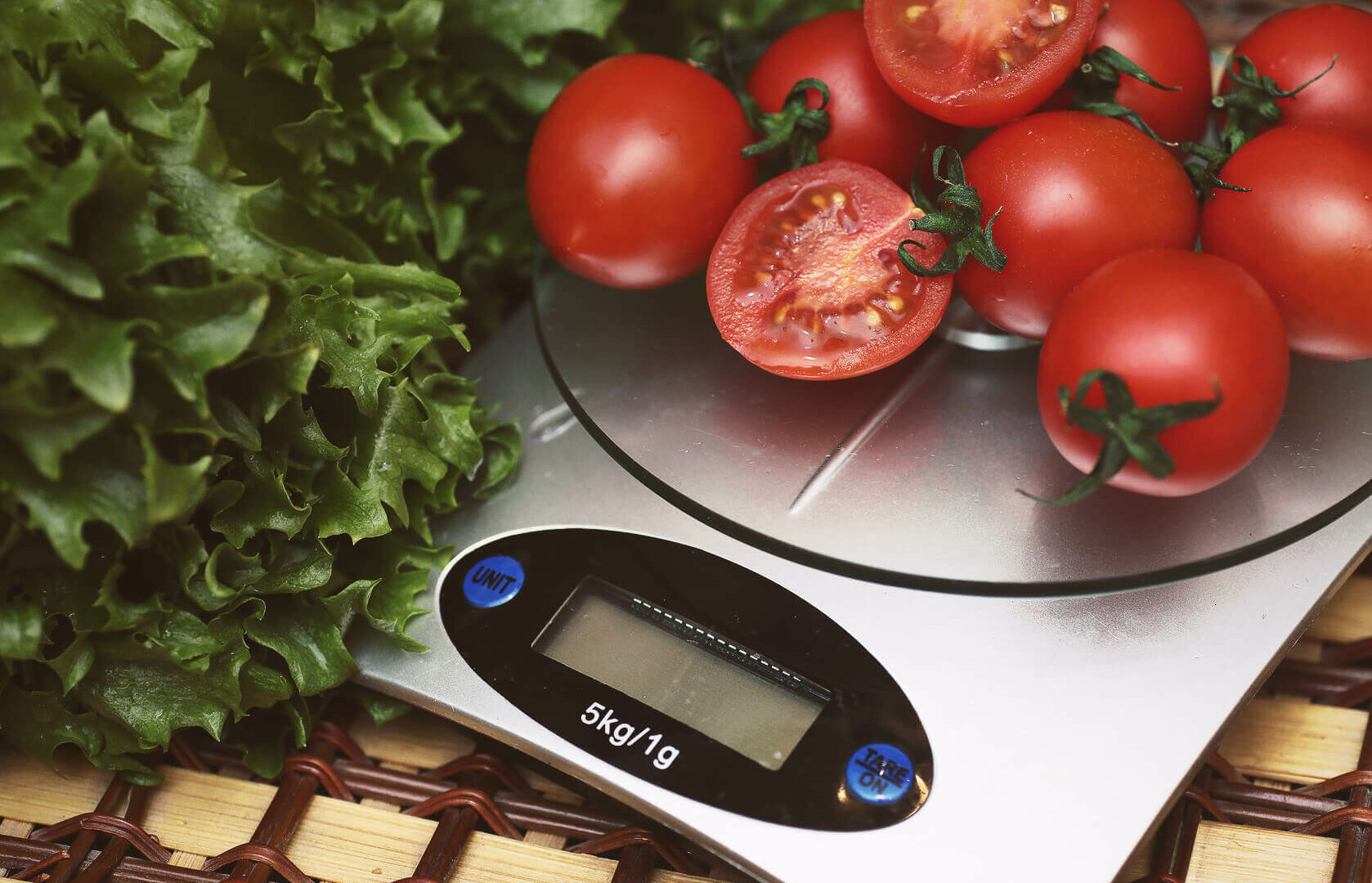Regardless of how advanced you are in your training career, if you’re serious about making gains you understand the importance of nutrition. There are two components to making progress in the gym: muscle stimulus and recovery. Stimulus refers to the work done in the gym, and recovery pertains to everything outside the gym, mainly sleeping, eating, and praying you gained an inch on your biceps. Thus, to optimize muscle and strength gains, each of these components must be optimized individually.
Like previously stated, sleep and diet are main components of recovery, of which the latter takes much more effort do to correctly. By diet I don’t mean weight loss diet, I am referring to the total daily composition of what you consume. There are a plethora of ways to diet, some better than others, and some which are just totally absurd. Methods of dieting can range from very strict, such as following a cookie cutter meal plan out of a health magazine, to much less strict methods such as if it fits your macros and intuitive eating.
What is intuitive eating?
First, I think it is important to explain what intuitive eating is not. Intuitive eating is not a free for all; eating whatever you want whenever you want. But it is also not restricting yourself to certain foods, meal timing, or meticulously measuring daily caloric intake.
Intuitive eating is defined by the scientific community as eating for physical rather than emotional reasons. It requires being well aware of, and relying on physical cues such as hunger and satiety to indicate when and how much to eat. Intuitive eating is a new and innovative way the change the mindset of “dieting,” hopefully resulting in long term behavioral changes in regards to food choices.
In other words, you don’t eat because “wow that cake looks really good, I should have another slice,” but rather because “I just worked out and haven’t eaten in four hours. Therefore, I should probably have a high protein meal to make some gains.” This seems and sounds pretty straight forward, but the main point I am trying to make is that you eat for NEED rather than DESIRE, and it is done so in a thorough and thoughtful manner.
If we apply intuitive eating to the population of people who lift, which I assume is everyone reading this article, it is important to roughly measure protein intake and weigh yourself on a regular basis when practicing intuitive eating. Studies conducted on intuitive eating have not been performed on healthy, athletic populations. Mainly, they have been conducted on obese, and other diseased populations to study the efficacy of the dieting method in relation to weight loss, diet adherence, body composition, and individuals’ relationship with food. For those of us who lift and have physique and/or strength goals, consuming adequate protein to stimulate hypertrophy is critical. Additionally, it is important to weigh yourself regularly to ensure that your rate of weight gain/loss, depending on your goal, is going according to plan.
What does science say?
As previously stated, the main focuses of research regarding intuitive eating are related to obesity, weight loss, psychological improvements in regards to one’s relationship with food, and body image disorders. Like most research, results do not always agree with one another. Overall, long term, intuitive eating seems to have beneficial effects when compared to rigid and flexible dietary practices that set daily caloric and macronutrient intakes.
Now, it is important to take these results with a grain of salt. One of the biggest mistakes made when interpreting scientific data is to extrapolate results. Extrapolation simply means taking the results and drawing conclusions that were not supported by the experiment. Based off of these studies alone we cannot say that intuitive eating is beneficial to athletic populations since that was not the target population of the studies. More research should be done to legitimize the use of intuitive eating for athletic populations. With that being said, and as you probably figured by now, personally, I do believe there are many benefits to practicing intuitive eating regardless of how advanced of a trainee you are.
Benefits and Downfalls of Intuitive Eating?
First, let’s mention some of the benefits of eating intuitively. I believe the biggest benefit of following intuitive eating is building a healthy relationship with food. Too many people obsess over the nitty gritty of their diets and forget that as human beings, food is a huge part of culture and social interaction. Yes, our diet needs to be regulated in order to reach our physical performance goals, but eating should be much more than just a means to an end. Even though intuitive eating is not a free for all, it does relieve you of dietary restrictions, and helps individuals build a much healthier and positive relationship with food. Another huge plus is sustainability. When compared to other dieting methods, intuitive eating is much more sustainable and realistic long-term. Intuitive eating can become a lifestyle, not just a 6 week diet and then you fall off back into your old eating habits.
Now, some downfalls. As you probably anticipated, if not properly executed, intuitive eating can be a disaster which is why in my humble opinion, I don’t think intuitive eating is for everyone. You really do need a lot of self-control. If you have never counted your macros, have an understanding of food labels, or are familiar with energy balance and macronutrient ratios, it can be very confusing and not effective. In actuality, for some individuals it can be more harmful than constructive. Harmful in the sense that you can easily over/under eat if you are not in tune with the aforementioned variables, which can lead to unwanted weight loss/ gain.
Now, if this is you, don’t be discouraged, we all started somewhere and no one was born with magical powers that tell them exactly how much to eat. That is why intuitive eating should be implemented in a step-wise, methodical form.
How to begin implementing intuitive eating?
Whenever starting something new, it’s always best to take it a step at a time rather than dive in head first. This goes true for most things in life, including dieting. As previously mentioned, intuitive eating should not be a starting point for beginners who have never tracked their macros, read food labels, and are not in tune with how much food they need for physical performance and weight management. If you fit into this above category, I will explain what I believe to be the best method for you to start implementing intuitive eating, and then I will explain how I myself implement intuitive eating, and have been doing so successfully for the past year.
If you’ve never tracked your macros, that is where you should start. There are plenty of resources online that will help you figure out how many calories you should consume, and where those calories should be coming from, protein, carbs, and fats. It is imperative that you track your macros daily for a period of time in order to successfully implement intuitive eating because to eat intuitively, you must have an understanding of how much you’re eating.
After counting your macros for some time, you can start implementing intuitive eating on the weekends, along with regularly weighing. Side note, it is much easier to succeed if you eat relatively the same foods day in and day out. If you begin to implement intuitive eating on the weekends and all is going well, e.g. your rate of weight gain/ weight loss, then you’re ready to begin exclusively eating intuitively.
At this stage, it is important to continue to track your protein consumption and weigh in regularly. Your measure of progress should be your rate of weight gain/ weight loss depending on your goals. If ever, for an extended period of time you are falling off track with your weight goals, simply revert back to tracking your macros and repeat the process again.
My experience/tips with intuitive eating
Personally, I have been practicing intuitive eating for a little over a year now, and have been able to implement it very successfully. I did so right after my last cut. I decided I no longer wanted to meticulously count my macros after doing so for a long time, and began intuitive eating. My goal was to gain weight slowly throughout the period of a year, and I am proud to say that without counting any macros, I have gained 15lbs in 1 year, which is slightly over 1lb/month. The main tool that helped me succeed was weighing myself daily. I weigh myself daily and average my weekly weight every week to compare with the previous week. Apart from this, I have developed strong self-control. I said that intuitive eating does not restrict you from eating certain foods, and it doesn’t, yet, I choose to stay away from high sugary foods. Additionally, I take into account whether it is a training day, or an off day for me, and eat accordingly.
If you are someone who finds yourself regularly falling off your diet, have a negative relationship with food, or simply don’t want to track your macros and want to find a sustainable, realistic, and flexible dieting method, then I suggest you begin practicing intuitive eating.
References
- Bacon, Linda, et al. “Size Acceptance and Intuitive Eating Improve Health for Obese, Female Chronic Dieters.” Journal of the American Dietetic Association, vol. 105, no. 6, 2005, pp. 929–936., doi:10.1016/j.jada.2005.03.011.
- Cole, Renee E., and Tanya Horacek. “Effectiveness of the My Body Knows When Intuitive-Eating Pilot Program.” American Journal of Health Behavior, vol. 34, no. 3, Jan. 2010, pp. 286–297., doi:10.5993/ajhb.34.3.4.
- Anderson, Drew A., et al. “Is level of intuitive eating associated with plate size effects?” Eating Behaviors, vol. 18, 2015, pp. 125–130., doi:10.1016/j.eatbeh.2015.05.005.




